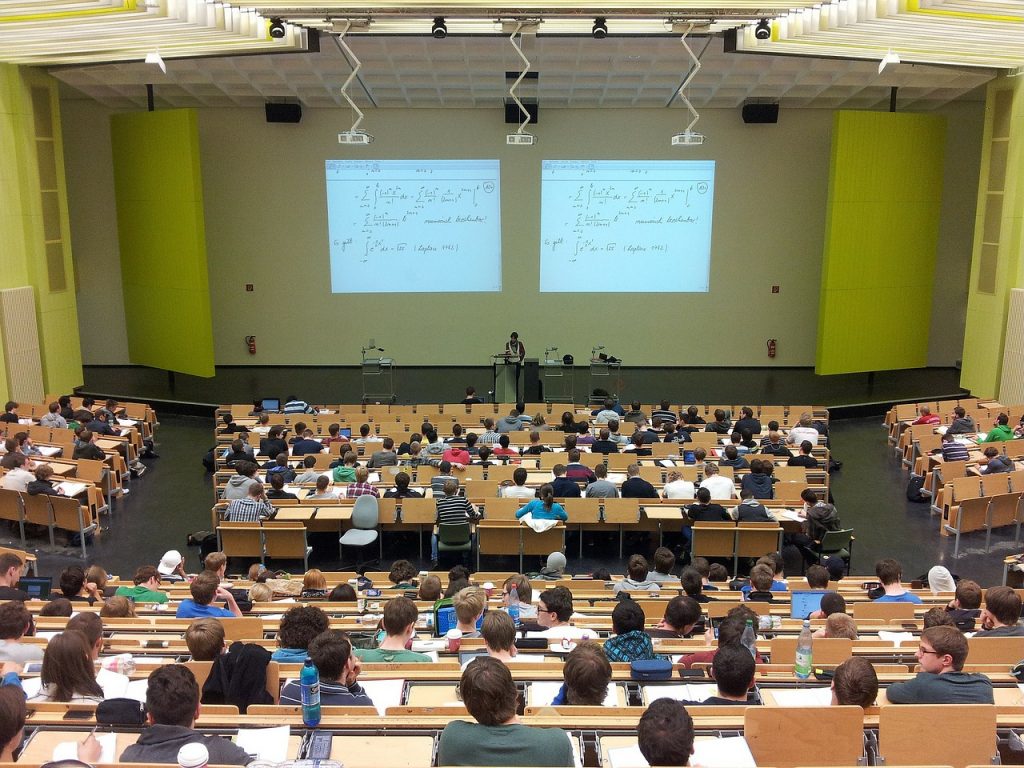Blockchain technology is gaining a lot of attention and a new report in Forbes suggest that the technology could help countries such as China and India in solving fake diplomas issues.
Blockchain can make counterfeiting a certificate impossible as the technology is “an unalterable and incorruptible audit trail,” according to the report.
Blockchain acts as a digital ledger of all transactions across a peer-to-peer network. Its “blocks” are secured through cryptocurrency and every certificate logged as a transaction on the blockchain network becomes part of the blockchain.
Attores is a smart contracts and blockchain company led by CEO David Moskowitz. The company empowered educational institutions in China and India to “both issue and verify their certificates using the Ethereum blockchain.”
How to Use Blockchain in Education
Back in 2016, Donald Clark published a detailed report in OEB Insights on how the blockchain technology Blockchain can be used by individual educational institutions, groups of educational institutions, and both national and international educational bodies.
The blockchain technology can be implemented to “securely store badges, credits, qualifications, and make educational data that matters available to others.”
According to the report, Holburton School in San Fransisco, which offers project-based education as an alternative to college courses, used blockchain to store and deliver its issued certificates in a bid to stop fake certification. The school issues paper copies to students but a system-created decentralized clearing number is generated for the authentication purpose.
Meanwhile, in August, IBM and Sony announced a new blockchain-based student education records platform that allows school administrators to consolidate and manage students’ educational data from several schools, as well as record and refer their learning history and digital academic transcripts with more certainty. The new platform uses blockchain technology running on the IBM Cloud to track students’ learning progress, as well as establish transparency and accountability of scholastic achievements between students and schools.
“Blockchain technology can help bring transparency and help build trust to transactions. It enables users to create networks that are permissioned and immutable; meaning they cannot be changed or altered by any one party. When a transaction takes place on the blockchain, all members of the network can see it, therefore operating from a common truth,” IBM said in a statement.
